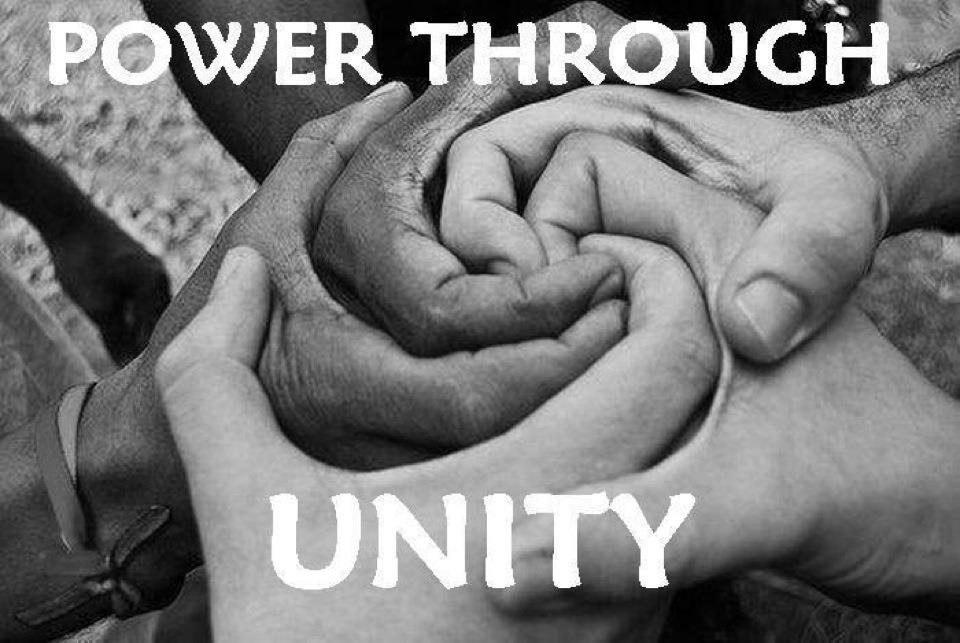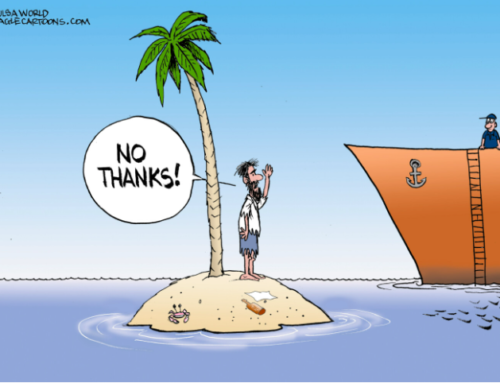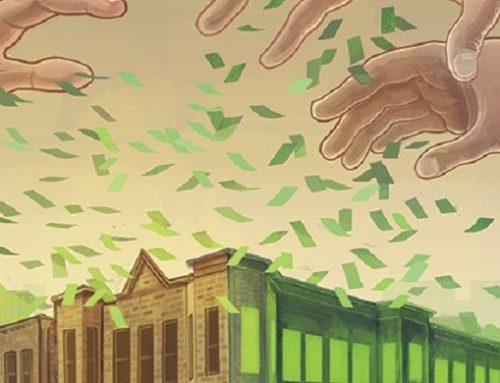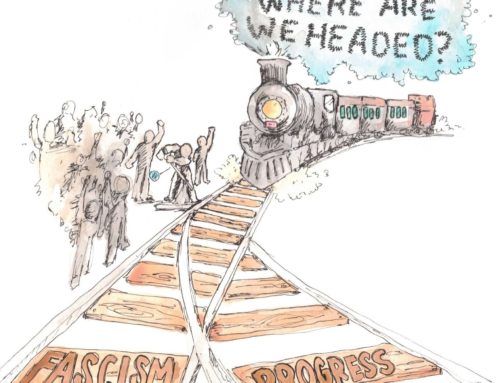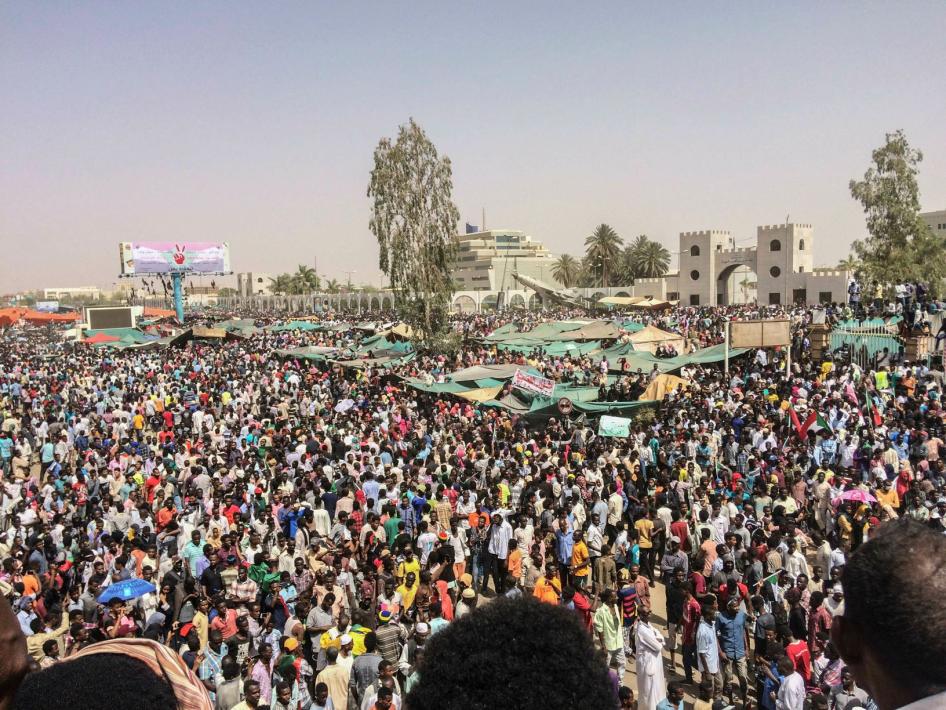
Sudanese celebrate after officials said the military had forced longtime autocratic President Omar al-Bashir to step down after 30 years in power in Khartoum, Sudan, Thursday, April 11, 2019. © 2019 AP Images
On April 11th, 2019 Sudan’s repressive government of over thirty years, led by Omar al-Bashir, was overthrown by the Sudanese military in what international news media has called a revolution. After months of demonstrations that started with revolts against bread shortages and price hikes, the Sudanese masses recognized the military coup as being against their own interests and continued to demonstrate in Khartoum, the capital.
Less than two months later, on June 3rd, the military violently dispersed protesters in Khartoum. Horror stories of bodies discarded in the Nile river and the mass rape of women and children rightfully garnered the attention of people all over the world. A media black-out, partially at the hands of the Sudanese military which had forcibly closed media outlets and restricted internet, had many of us disparaging journalists, media outlets, and leaders all over the world. The death of one demonstrator, Mohamed Mattar, ignited a social media campaign, #BlueForSudan
Calls for blue profile icons and expressions of outrage are coming from a place of genuine desire to lend solidarity or help the harmed – we know what’s happening in Sudan is politically backward and reprehensible. But symbolic activism and isolated actions do not and cannot do anything for the people of Sudan. Even while we spread awareness, make our voices heard, and condemn the silence of others, the Sudanese masses struggle under the repressive and brutal forces of their military, which world powers can’t even agree to condemn. Historically, many leaders in the Middle East and all over the world have been in favor of autocratic, militaristic rule in the region.
So what can we do? The reality of our current moment is that true international solidarity can only occur between independent organizations fighting in the interest of the people. As we’ve witnessed all over the world, politicians won’t fight for us, presidents won’t preserve our economic or social well-being, and even NGOs and government welfare institutions become either coffers for the corrupt, or drops of harm-reducing water in an infinitely barren desert of crisis. Democracy itself – which is what most assume the Sudanese people mean when they call for “civilian-lead rule” – has historically been and remains a means of dominating the masses while presenting a host of capitalist alternatives as solutions the people can “choose.” It’s clear by the actions of the Sudanese military and the reactions of world leaders that Sudan’s proposed democracy would be no different.
Ultimately, solutions for Sudan and the Sudanese people must come not only from the masses, but also from a historical understanding of the forces at play. Fractions of elite ruling families and the bureaucratic bourgeoisie, coming from various feudalistic and capitalist/imperialist backgrounds, have been vying for power not only in Sudan, but throughout the region. Aside from our own tendency to ignore the role of the U.S. in destabilizing countries in the Middle East for decades, we also can’t assume to bring solutions to the crisis in Sudan with no knowledge of the complex social, economic, and political history of class struggle there.
In a more general sense, we must also note the tendency of mass movements lead by the petite bourgeoisie. The calls to action in Sudan have largely been made by the Sudanese Professionals Association – a Petite Bourgeois organization hoping to reform the government, rather than fight for a social arrangement that is truly in the interests of the people, i.e., one that actively combats capitalism and imperialism. And while fighting against continued repression under a reactionary military dictatorship is objectively positive, we must realize that the movement happening in Sudan will be limited until the struggle is lead by the classes capable of bringing a genuine alternative to the current social arrangement dictating Sudan and the world.
Finally, in order to offer true solidarity to any struggle of international people against repression, exploitation, and violence, we need to build a combative mass movement here at home that is capable not only of responding to calls from abroad, but also of resisting co-optation, diffusion, and reformism here.
We call one of the most prolific imperialist powers in human history our home, meaning our well-being (and ability to pass judgement from the comfort of our homes) is predicated on the exploitation and subjugation of people all over the world. And while we objectively benefit from imperialism, it doesn’t exempt us from our own issues with brutality, violence, repression, and domination.
It’s only by building political unity with our neighbors, our family, our colleagues, and our friends that we can truly start to find solutions to the mess that is capitalism and imperialism and lend help and solidarity to the struggles of the masses anywhere. Let’s get organized!
STAND UP. FIGHT BACK. ORGANIZE.
onestruggle.southflorida@gmail.com
onestruggle.fiu@gmail.com
FB – @OneStruggle
IG – @SeedsofUnity
IG – @OneStruggle.FIU
Twitter – @OneStruggleSF


